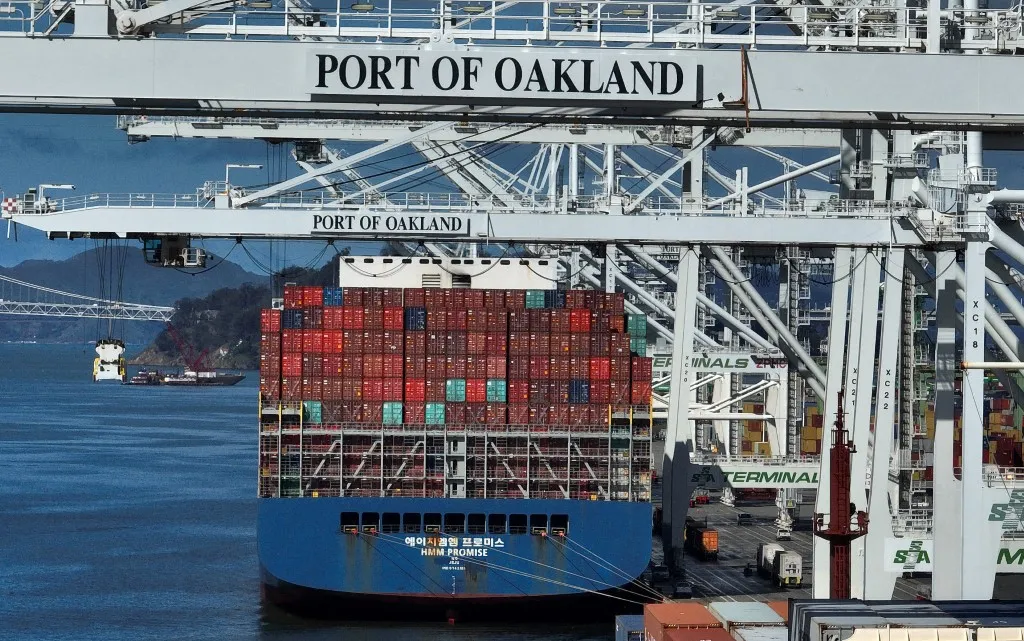
Countries at the United Nations shipping agency have reached an agreement on a global fuel emissions standard for the maritime sector that will penalize ships exceeding emission limits while rewarding cleaner vessels.
The agreement was achieved despite the United States withdrawing from the climate talks at the International Maritime Organization (IMO) in London, with the US urging other nations to follow suit and threatening “reciprocal measures” against any fees imposed on American ships.
Other nations nonetheless approved the CO2-reduction measures to help meet the IMO’s target of cutting net emissions from international shipping by 20 percent by 2030 and eliminating them entirely by 2050.
On Friday, a majority of IMO member countries voted to implement a scheme that, starting in 2028, will charge ships $380 per metric tonne for every additional tonne of CO2-equivalent emitted above a fixed threshold, plus an additional $100 per tonne penalty for emissions exceeding a stricter limit.
The agreement is projected to generate up to $40 billion in fees from 2030, with a portion allocated to making expensive zero-emission fuels more affordable.
The negotiations revealed significant divisions between governments over the pace of environmental reforms in the maritime sector.
A proposal for a stronger carbon levy on all shipping emissions, supported by climate-vulnerable Pacific countries (which abstained from Friday’s vote), plus the European Union and the UK, was abandoned after opposition from several nations including China, Brazil and Saudi Arabia, according to delegates who spoke to Reuters.
Vanuatu’s climate minister, Ralph Regenvanu, criticized the outcome, stating that countries had “failed to support a set of measures that would have gotten the shipping industry onto a 1.5°C pathway.”
Industry group the International Chamber of Shipping welcomed the agreement, noting it would require significant scaling up of cleaner fuels. “We are pleased that governments have understood the need to catalyse and support investment in zero emission fuels,” the ICS said in a statement.
Under the plan, by 2030, the main emissions limit will require ships to reduce fuel emissions intensity by 8 percent compared to 2008 levels, while the stricter standard will demand a 21 percent reduction. By 2035, the main standard increases to a 30 percent reduction, versus 43 percent for the stricter standard.
Ships that reduce emissions below the stricter limit will earn tradable credits that non-compliant vessels can purchase.
“This is a groundbreaking moment for the shipping industry, which should signal a turning of the tide on greenhouse gases from global shipping,” said Mark Lutes, senior adviser at the World Wildlife Fund for Nature. “However, key aspects of this agreement fall short of what is needed and risk blowing the transition off course,” he added.
The carbon pricing measure must still be formally adopted at an IMO assembly in October.











Be the first to leave a comment